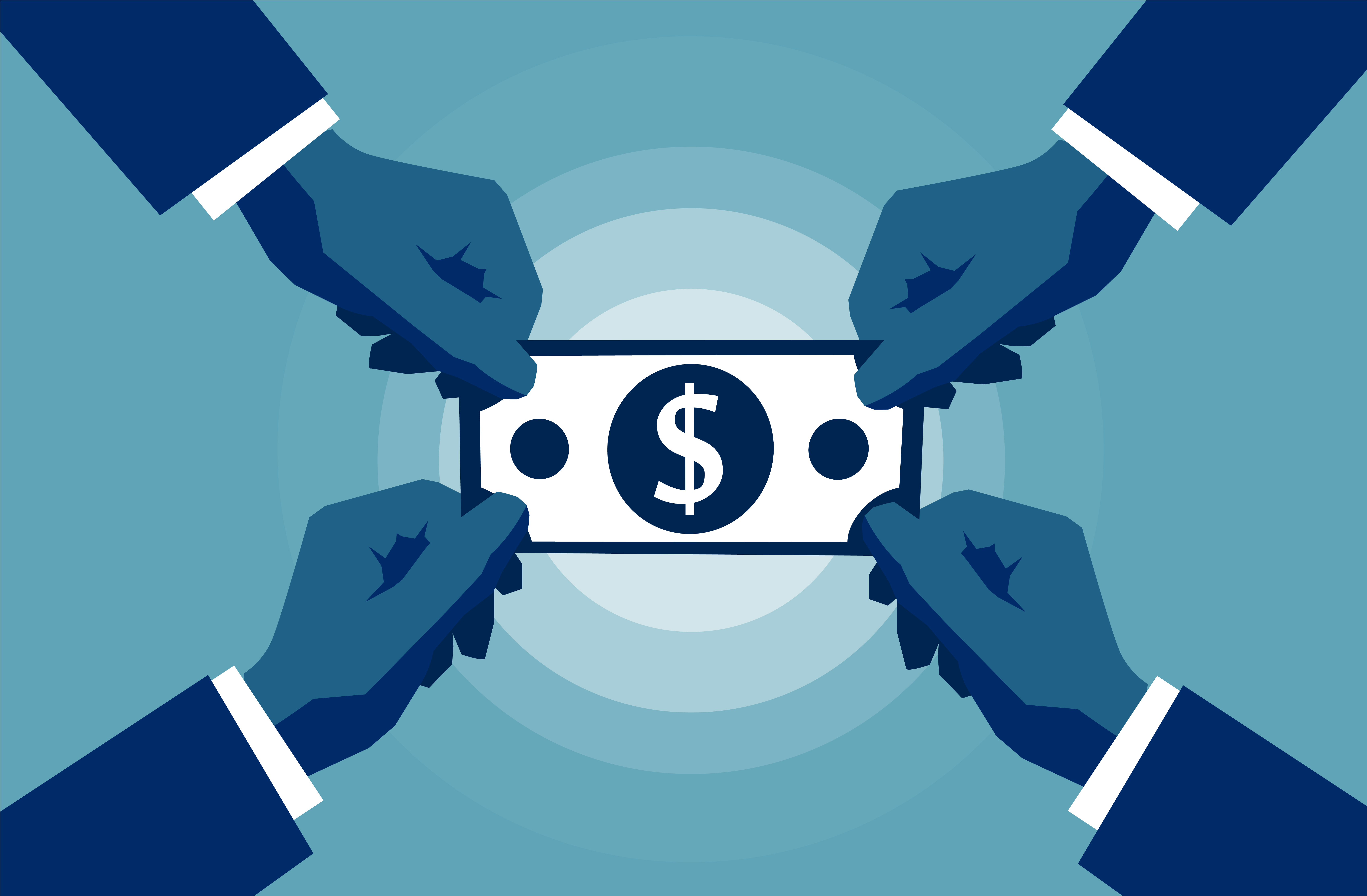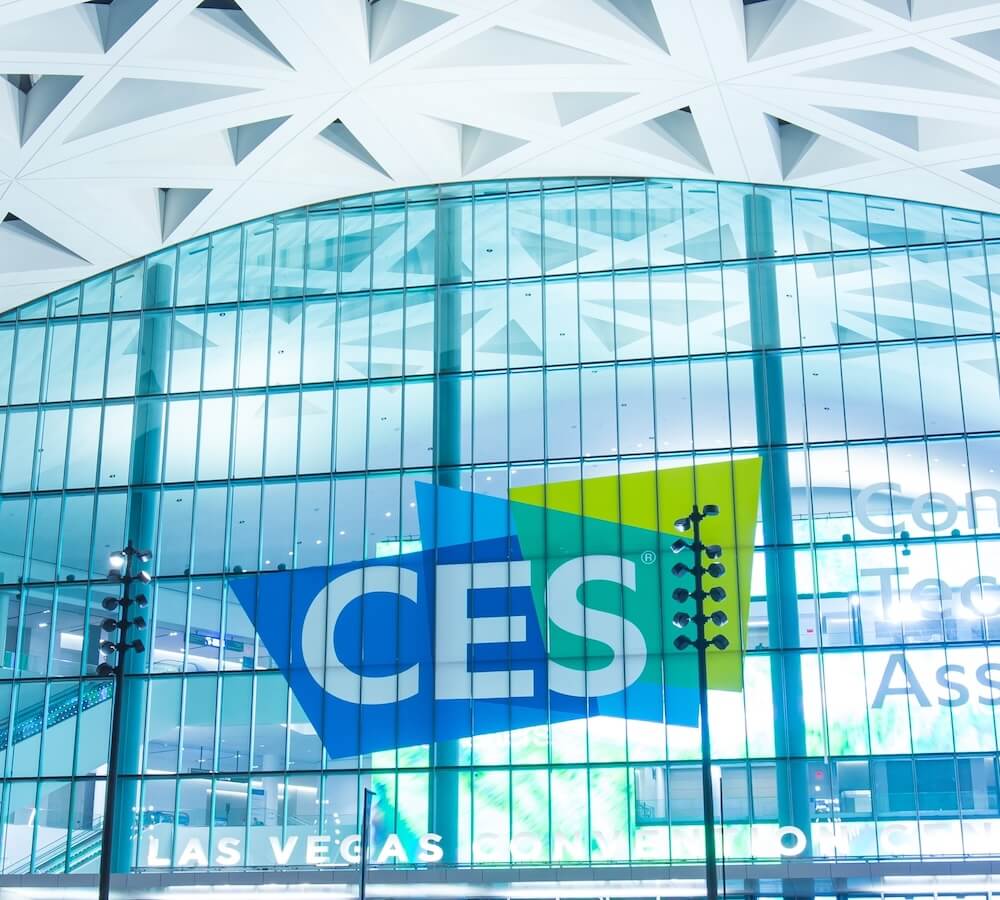
Posted August 15, 2022
By Zach Scheidt
Buyback Blitz! Here's How to Profit
Details of the Democrats' so-called "Inflation Reduction Act" continue to surface.
And today, I’ll show you an area of the market that this bill will affect.
As I mentioned last week, this bill won't do much (if anything) to reduce inflation. But it will increase taxes on individuals and companies — despite the lies Washington tells you.
Personally, I'm livid because of the way politicians are lying to the American public.
But my job isn't to debate politics (thank goodness). It's to help you find the best investment opportunities to grow and protect your wealth.
And today, I want to show you how the Inflation Reduction Act will be a positive catalyst for some of your favorite stocks.
Forget Double Taxation — Let's Triple It!
If you've been investing for a while, you're probably familiar with the concept of double taxation.
Here's how it works...
When companies like Apple or Home Depot generate a profit, the government charges a corporate income tax. Today's corporate tax rate is 21%.
Of course, big companies like these are owned by investors like you and me.
And even though our investment in these companies was already hit by the corporate tax, that's not good enough for Uncle Sam.
Then when these investments pay off — either through dividends or share price appreciation — we pay even more taxes.
In other words, the U.S. government gets two bites at the apple: once when the company turns a profit, then again when the company's investors turn a profit.
There have been many volumes of material written about the injustice of this double taxation system. So I won't belabor the point.
But I bring this up because the Inflation Reduction Act takes double taxation to an entirely new level.
The government has found a third level of taxing the same profits, leaving even less profit available for investors like you and me.
A New Tax on Share Buybacks
As part of this new tax-and-spend bill, the Inflation Reduction Act levies a 1% tax on all share buybacks.
I'm not sure how this is even legal, but it's definitely included in the bill.
This means when a company uses its cash to buy back its shares, the U.S. government gets to take yet another piece of investment profits.
Seriously, I don't understand how this provision is constitutional.
Share buybacks can be helpful for us as investors. Because when a company buys back shares, it reduces the total number of shares outstanding.
That means if you're invested in a set number of shares, your position will now represent a bigger portion of the overall company.
So in the future, there will be more cash per share available for dividends. And the company's earnings per remaining share should also increase.
Now keep in mind that when the company buys back shares, they're repurchasing the securities from willing investors. And if those investors generated a profit, Uncle Sam will tax the capital gains.
So it just boggles my mind that the government charges the company a tax for being on the other side of this already taxable transaction.
(Ok, I'll get off my soap box. But holy moly this is a stupid tax!)
But even though I'm angry about this new tax, I'm excited about the short-term opportunity it presents you.
A Buyback Blitz for the Rest of the Year
I've been looking carefully at this bill. And according to my research, the new tax on buybacks goes into effect for share repurchases that occur after Dec. 31, 2022.
In other words, corporations have another four and a half months to buy back shares without paying the extra tax.
And that creates a huge incentive to buy back shares now.
Ironically, companies have pulled back on share buybacks during the current bear market. But that's likely to change thanks to the Inflation Reduction Act.
Many profitable blue-chip companies have huge buyback programs already in place.
These plans allow companies to continually spend millions (and often billions) throughout the year buying back shares of stock. The buybacks occur at the board's discretion.
At this point, any responsible company should pull forward buyback plans. This way they can buy back as many shares as possible before the transactions start being taxed.
Huge share buyback programs naturally drive stock prices higher.
And if these programs are accelerated ahead of the December 31 deadline, we could see a huge jump for some of the biggest cash-flush corporations trading on U.S. exchanges.
I'll be digging through company reports to find the companies that should be buying back the most shares.
But I'll tell you now that Apple is by far one of the largest companies that will be affected by this new tax.
Make sure you're invested in companies that are actively buying back shares this year. Chances are, you'll profit as these transactions ramp up.

How Others’ Incompetence Costs You Big-Time
Posted January 17, 2024
By Byron King

Turning Empty Cubicles Into Houses
Posted January 15, 2024
By Zach Scheidt

"Boring AI": Overlooked Opportunity From CES 2024
Posted January 12, 2024
By Zach Scheidt

5 Must-See Predictions
Posted January 10, 2024
By James Altucher

Welcome to Earth, the Mining Planet
Posted January 08, 2024
By Byron King
